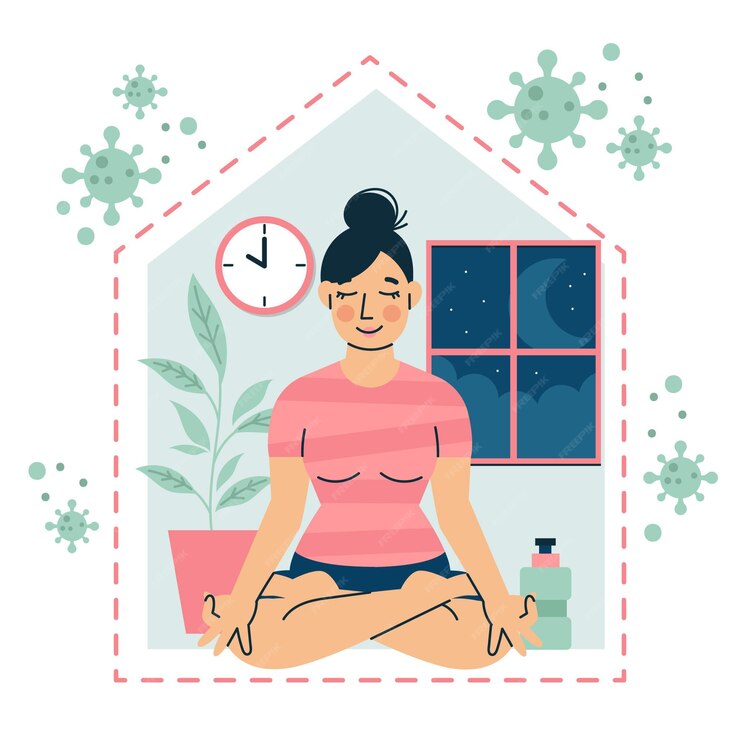
Living with Keloids: Coping with the Physical and Emotional Impact
Dealing with keloids can be tough. These raised scars not only affect us physically but can also take a toll on our emotional well-being. Let’s talk about what it’s like to live with keloids and how you can cope with the challenges they bring.
The Physical Impact
Keloids can cause discomfort and affect our daily lives in various ways:
- Itching and Irritation: Keloids can be itchy and irritating, making it hard to focus on anything else.
- Pain: Some keloids may cause pain, especially if they’re large or located in areas prone to friction.
- Limited Mobility: Keloids in certain areas, like the shoulders or chest, can restrict movement and affect our ability to perform daily activities.
The Emotional Impact
Living with keloids can also take a toll on our emotional health:
- Self-Consciousness: Keloids can be highly visible, leading to self-consciousness and feelings of insecurity.
- Social Anxiety: Some people may feel anxious about how others perceive their keloids, leading to social withdrawal or avoidance of certain activities.
- Depression and Stress: Dealing with the physical discomfort and emotional burden of keloids can contribute to feelings of depression and stress.
Coping Strategies
While living with keloids can be challenging, there are ways to cope with the physical and emotional impact:
- Seek Support: Reach out to friends, family, or support groups who understand what you’re going through. Talking about your feelings can help alleviate some of the emotional burden.
- Practice Self-Care: Take care of your physical and emotional well-being by practicing self-care activities like exercise, meditation, or hobbies that bring you joy.
- Educate Yourself: Learn more about keloids and treatment options available. Knowledge empowers you to make informed decisions about your care.
- Focus on Acceptance: Acceptance doesn’t mean you have to love your keloids, but it’s about recognizing that they’re a part of you and learning to live with them.
Seeking Treatment
If keloids are causing significant physical or emotional distress, consider seeking treatment options:
- Consult a Dermatologist: A dermatologist can assess your keloids and recommend appropriate treatment options, such as steroid injections, laser therapy, or surgical removal.
- Explore Therapy: Therapy can provide a safe space to process your emotions and develop coping strategies for living with keloids.
Remember, you’re not alone. Many people struggle with keloids, and there’s support available to help you navigate the challenges they bring.
To seek medical advice, always consult a Doctor. Here are our recommended EXPERTS. Click here
To read more on SKIN. Click Here


